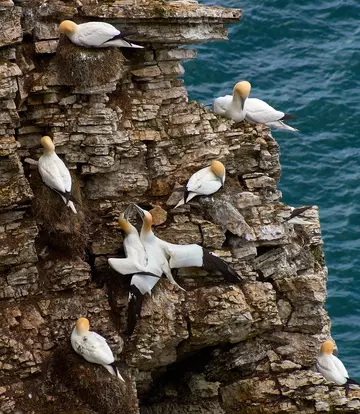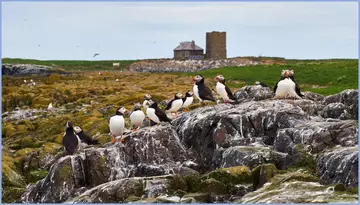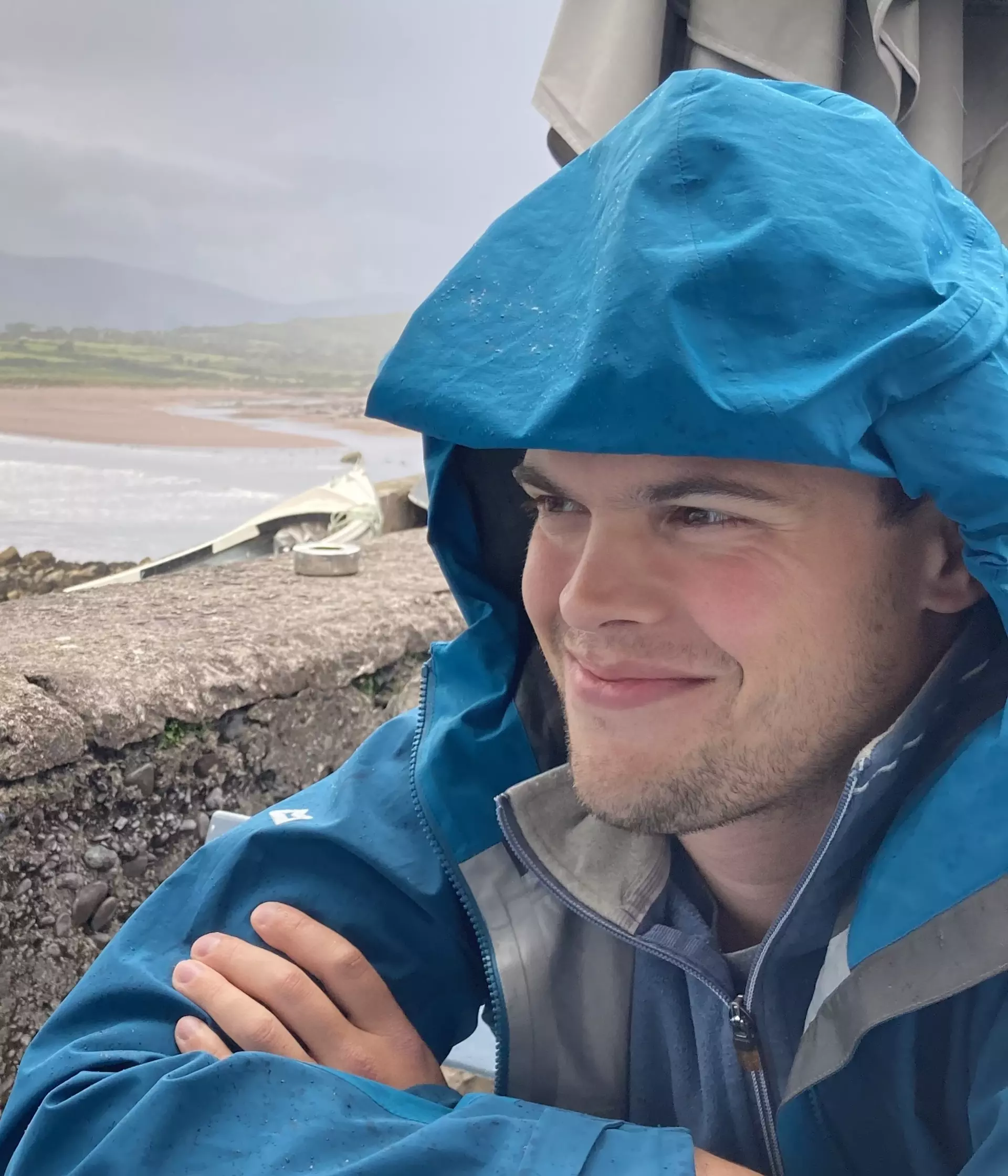
Conservation
Distribution Modelling
Seabirds
Henry Häkkinen believes in high-quality research, strong evidence-based decision making and concrete action are needed to create a world where both humans and nature can thrive.
Biodiversity can be and should be, protected for future generations. We need committed action from everyone, the public, the scientific community, the conservation community, and policy-makers, to protect our wildlife and our planet. Science has a key role to play in identifying problems and assessing solutions across the world.
Species around the world face unprecedented levels of threat to their long-term survival due to the direct and indirect impacts of climate change. Climate change is exacerbating the many existing threats to species survival including habitat loss, overexploitation of resources and the impacts of invasive species. There is an urgent need to prioritise and implement evidence-backed climate change adaptation practices to safeguard the future of the most vulnerable species before it’s too late. We tackle this challenge for one group of particularly vulnerable species: seabirds in the North-East Atlantic.
Seabirds are a highly threatened group of species, and face many severe threats across the world, and, in many places, increasingly face pressure from climate change. Henry and his project teams work with conservation stakeholders across Europe to aid the conservation of these species in the face of climate change.
Outside of Henry's work on seabirds, he likes reading, dungeons & dragons, climbing, mountaineering and sleeping in caves (my family may be part troll).

Conservation organisations need to know how severe climate change impacts are likely to be, and what action (if any) is needed to conserve seabirds, many of which already face severe pressure from other threats.
Henry's project, therefore, has two major goals:
- Assess the vulnerability of each European seabird species to climate change. This includes looking at present, reported impacts, as well as predictions and projections of impacts in the future.
- Identify conservation actions that could be used to mitigate these impacts. We assess how effective each action is, the strength of the evidence base behind it, and assess how and where actions could be used to help seabirds cope with climate change.

Henry has been working as part of a team, and collaborating with conservation organisations all across Europe to compile species assessments, and their first report has now been released!
Read the report here
